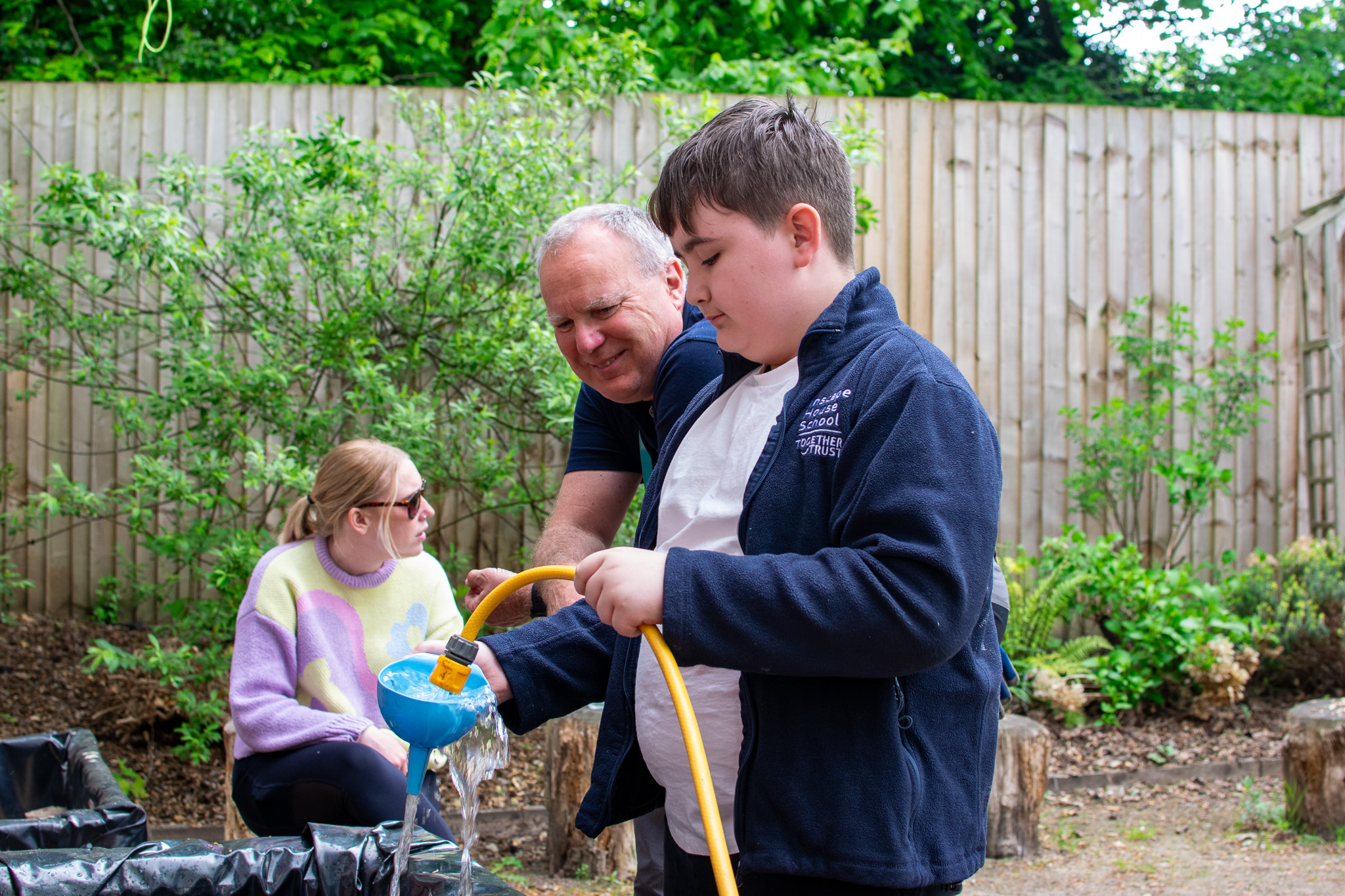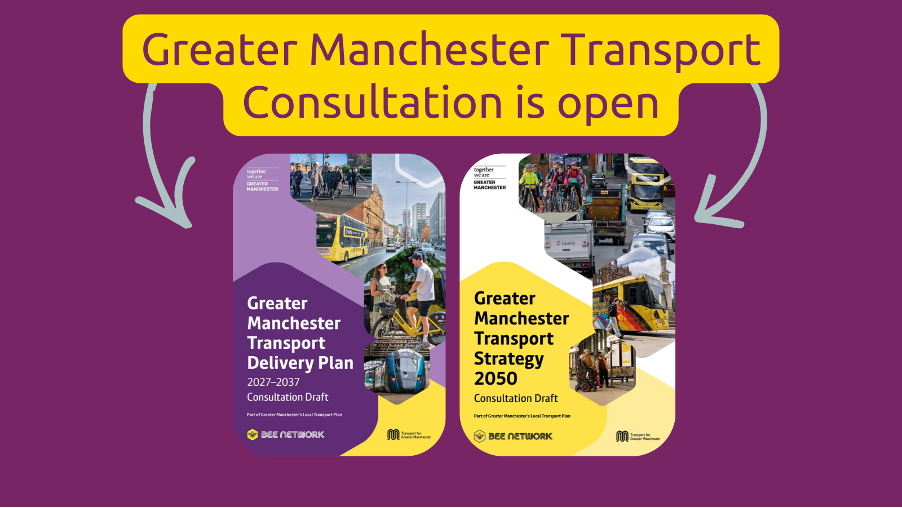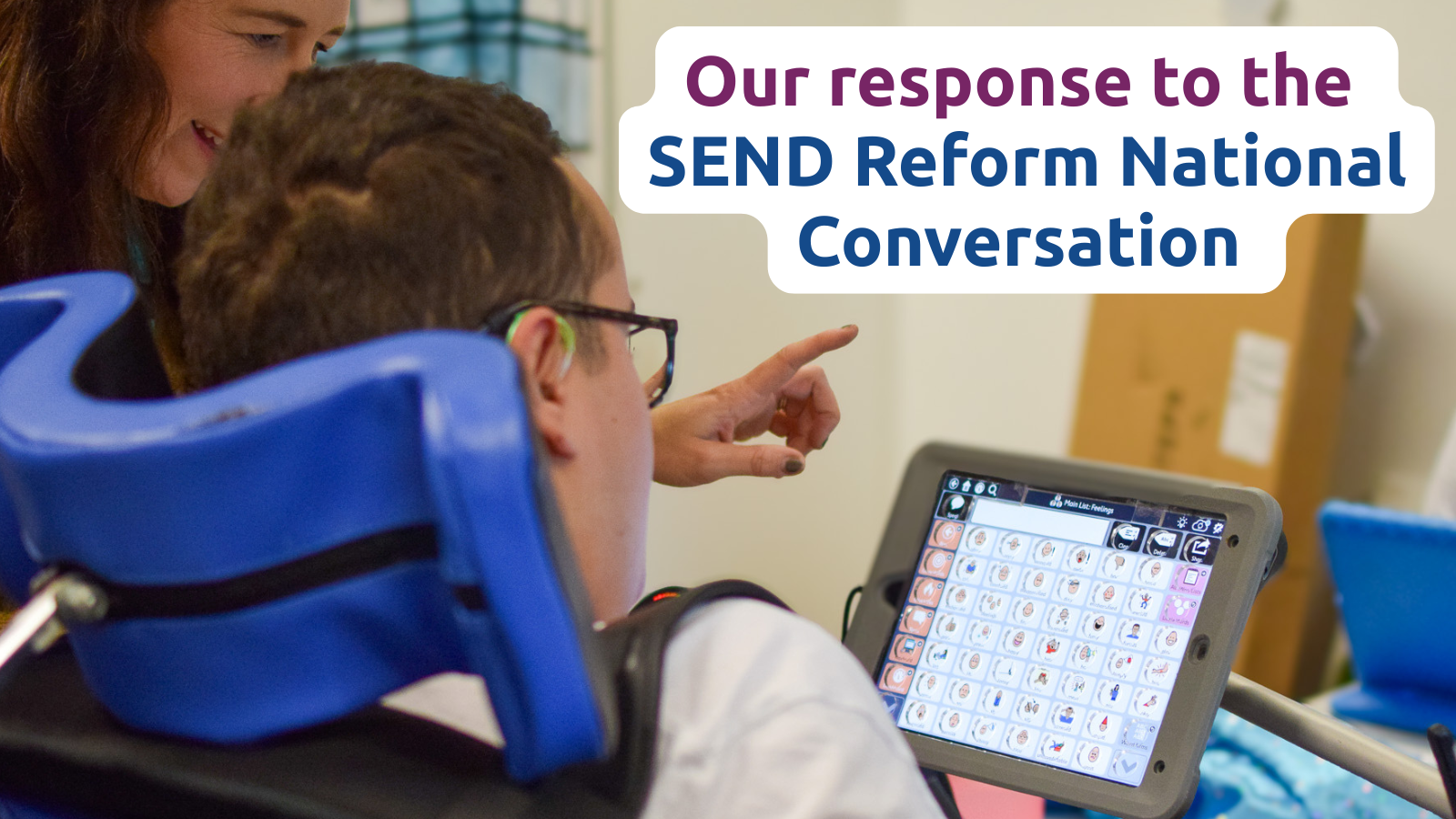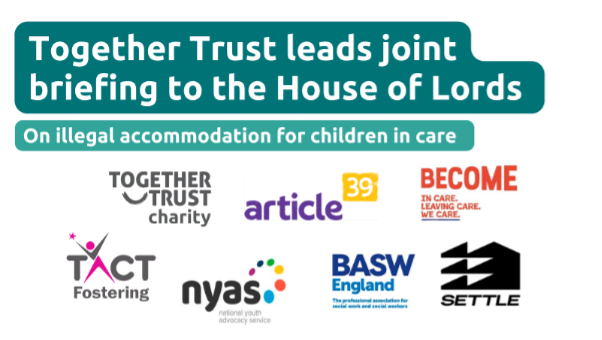
The Education Committee has published its report on Solving the SEND crisis.
For years, families, schools, charities, and professionals have warned that the system is broken: underfunded, inconsistent, and unable to deliver the outcomes children and young people with SEND deserve.
Together Trust responded to the Committee’s inquiry, drawing on research, family lived experience, and professional insight.
Now the question is: Have they heard us? Where do the Education Committee’s recommendations align with our calls for change, and where are the gaps that must still be addressed in the upcoming SEND White Paper?
Key Positives
The Committee’s report includes several strong positions:
- A clear rejection of removing statutory support, like EHCPs.
- Calls for stronger accountability and workforce reform.
Mainstream Inclusion and Specialist Provision
Our position:
- The system must provide a continuum of provisions, including specialist schools, rather than forcing students into ill-suited environments.
- Mainstream schools must adapt to the needs of children and young people with SEND, but some childrenwill always need specialist provision.
- Funding must be needs-led, ensuring specialist schools are prioritised for children with complex needs – not as a last resort when mainstream fails.
Education Committee recommendations:
- Expand capacity, targeted, using robust data.
- Require Ofsted to embed inclusion metrics and protect schools with higher SEND populations.
- Make workforce training mandatory.
- Expand resource bases, Centres of Excellence, and introduce a capital investment strategy for SEND places.
The Education Committee supports clauses of the Children’s Wellbeing and Schools Bill that give local authorities (LAs) new powers to propose and establish state specialist schools, but stress DfE must back this with coordinated planning, longer funding cycles, and stronger data.
The Committee recognises the need for both mainstream inclusion and specialist provision, echoing our position. However, we continue to push for clear guarantees that specialist schools will be prioritised for students with complex needs, not only when mainstream placements fail.
Accountability and Consistency
Our position:
- Stronger accountability so children and young people receive the support they are legally entitled to.
Education Committee recommendations:
- Establish national standards for ordinarily available provision and SEN support.
- Provide statutory resourcing, specialist staff, and inclusive environments.
- Require accountability systems to prioritise progress and outcomes of all pupils, not just academic attainment.
- Feed SEND Tribunal outcomes into inspections.
- Extend Ombudsman powers to cover SEN support in all settings.
- Publish SEND enrolment figures for schools and Multi-Academy Trusts (MATs) to discourage them from unfairly turning children away.
- Hold health partners accountable. Introduce a national SEND data strategy and give LAs powers to compel NHS partners.
We have consistently called for stronger accountability and better data to make sure children and young people with SEND get the support they are legally entitled to. The Committee’s proposals: to hold schools, LAs, and health services accountable, discourage them from unfairly turning children away, and include tribunal outcomes in inspections, reflect our call for a fair and consistent system for all.

Needs-Based Support & Inclusive Education
Our position:
- Support must not be reduced to ‘‘EHCP or nothing’’.
- Investment in EHCP coordinators, manageable caseloads.
- More flexible, interim solutions are essential, rather than forcing families into a one-size-fits-all EHCP process.
Education Committee recommendations:
- Provide support as soon as needs are identified, not only with an EHCP.
- Define inclusive education drawing on the UN Convention on the Rights of Persons with Disabilities.
- Set statutory requirements for minimum SEND resources in every setting.
The Committee’s recommendations reflect our position that support should not depend solely on an EHCP. By calling for early intervention, clear statutory resource requirements, and a stronger definition of inclusive education, the proposals reinforce our view that children and young people must have timely, needs-based support in every setting, with adequate investment in staff and resources.
Parental Voice and Advocacy
Our position:
- Introduce an active offer of independent advocacy so families always know support is available. The suggested term will ensure professionals consistently communicate the availability of advocacy services, always making support accessible.
- Ensure advocacy services facilitate referrals to key resources, including SENDIASS, therapeutic support, ensuring access even for those without an EHC plan.
Education Committee recommendations:
- Families must have access to advocacy.
- Parents should be fully involved in reforms.
- Require SEND expertise on MAT boards.
While the Committee’s recognition of advocacy, parental involvement, and stronger accountability mechanisms is welcome, the recommendations fall short of our call for an active offer and ensuring referral to key resources including SENDIASS, even for those without an EHCP. We believe stronger commitments are essential to ensure families can genuinely exercise their rights.
Post-16 and Transition to Adulthood
Our position:
- Flexible qualifications.
- Statutory home-to-school transport up to age 25.
- Stronger FE/HE transitions.
- Broader employment pathways.
Education Committee recommendations:
- Dedicated post-16 SEND funding.
- Statutory transport with national criteria.
- Stronger SEND focus in Ofsted inspections.
- A three-route post-16 model for maths/English resits, vocational study, or functional skills.
The Committee’s recommendations largely align with our position, especially on transport, funding, and inspections. We welcome these measures but continue to call for statutory transport support up to age 25, more focus on transitions to university, and a coordinated employment strategy to ensure disabled young people have truly flexible pathways into further study, training, and work.

Workforce Capacity and Training
Our position:
- SENCOs must be full-time and properly resourced.
- Investment in educational psychologists.
- Properly funded SENDIASS.
- Adequate funding and staffing for mediation services.
- A workforce plan spanning education, health, and children’s social care.
Education Committee recommendations:
- Strengthen access to educational psychologists, speech and language therapists, SENCOs, and early years specialists.
- Place SENCOs on senior leadership teams.
- Make SEND CPD mandatory for staff.
- National rollout of speech and language programmes.
- Better support for TAs.
- Prioritising good partnership working with parents and carers, effective mediation
- Develop a joint SEND workforce strategy across health and education.
- Embed SEND screening and SENCOs in Family Hubs.
There is alignment between our position and the Committee’s recommendations, particularly on strengthening specialist roles, prioritising effective mediation, mandatory training, and a joint workforce strategy. However, gaps remain: the need for full-time, well-resourced SENCOs, properly funded SENDIASS, and clearer guidance on mediation were not addressed, leaving critical areas of support underdeveloped.
Funding and LA Stability
Our position:
- Funding must be based on children’s needs, not LA budgets, to end the postcode lottery.
Education Committee recommendations:
- Increase and ringfence SEND funding, including post-16.
- Develop a capital investment strategy for SEND provision.
- Create a clear plan to address LA SEND-related deficits (including partial write-offs).
- The Disability Access Fund should be reformed by removing its dependency on Disability Living Allowance.
Ringfenced funding, capital investment, and addressing LA deficits are vital steps toward ending the postcode lottery. The key test, however, will be whether the DfE delivers these reforms with long-term, sustainable investment.
Where the Gaps Remain
Despite progress, key issues Together Trust raised were not addressed:
- Mediation: No funding commitments, despite its potential to prevent tribunal escalation.
- SENDIASS: No guarantees of independence, impartial support, or sustainable funding to ensure families can navigate the system effectively.
- Meaningful activities beyond education: Little focus on life skills, social participation, or opportunities outside formal learning.
- Employment reform: Not addressed in the report. Government published info in a separate report.
- Transition to higher education: No clear recommendations to widen university access for disabled students.
- Post-16 life skills: Beyond employment and higher education, preparation for independent living, social participation, and community engagement isn’t addressed.
Our Take
“The Committee’s report recognises that the SEND system is unsustainable and inequitable. It calls for stronger accountability, workforce development, statutory baselines, and rejects removing statutory rights, echoing much of what Together Trust has argued.
But without stronger commitments on advocacy, SENDIASS, mediation, employment, higher education, and life beyond school, the crisis will not be solved, only managed.”
– Styliana Pasiardi, Policy and Campaigns Manager
Conclusion
The Education Committee’s recommendations are progress. But the real test will come in the upcoming SEND White Paper, which will show whether these commitments are carried through.
At Together Trust, we will keep pushing. Children and young people with SEND and their families cannot wait.
Keep an eye on our updates as the White Paper emerges by:
- Sign up to our campaign updates
- Check our website news
- Follow us on Bluesky, X, and LinkedIn
We’ll be highlighting where promises are delivered and where gaps remain, making sure the voices of children, families, and professionals are heard.



